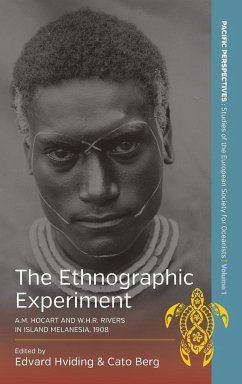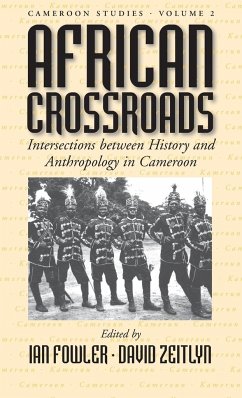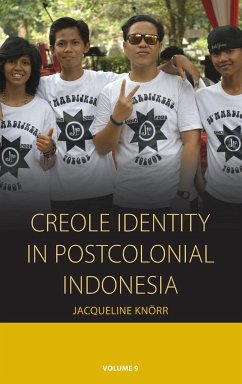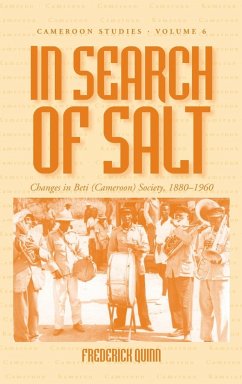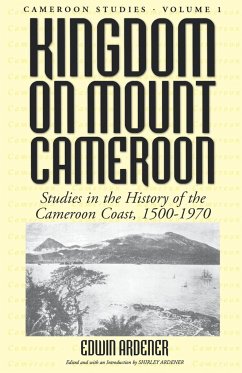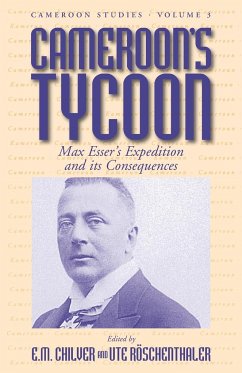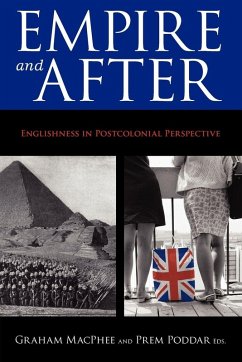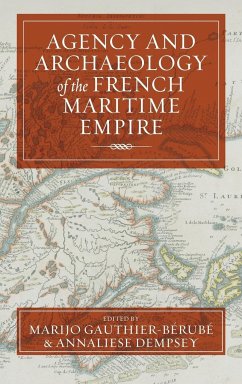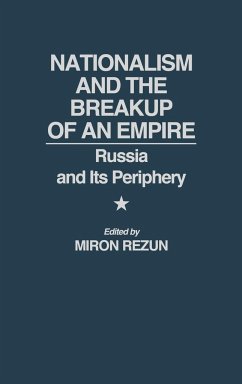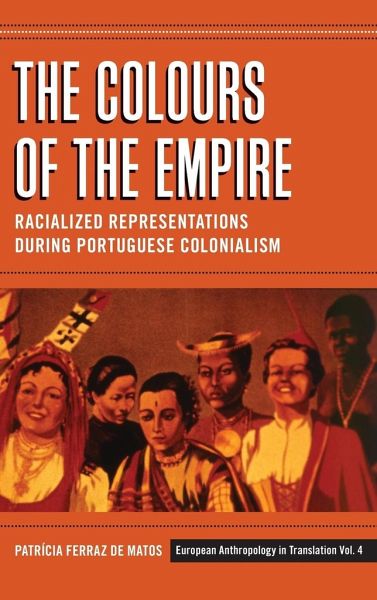
The Colours of the Empire
Racialized Representations during Portuguese Colonialism

PAYBACK Punkte
66 °P sammeln!
Investigates how the different populations under Portuguese rule were represented within the Colonial Empire Examines the relationship between representations and meanings attached to the notion of ‘race’ Analyzes government documents, colonial propaganda materials, and interviews with an anthropological perspective Provides insight into the relationship between racist formulations disseminated in Portugal and racist theories produced in 18th Century Europe and beyond





